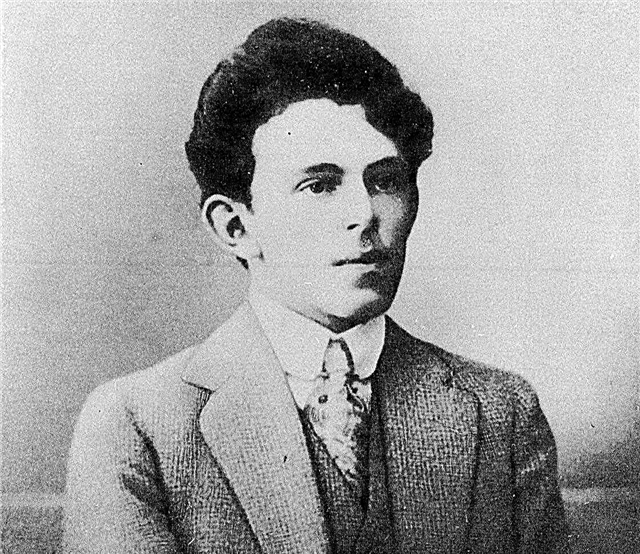Panic attack - what it is and how to deal with it? Today many people are interested in this question. In this article, we will look at the symptoms and types of panic attacks. In addition, you will learn about the causes and effects of growing anxiety.

What is panic attack and what are its symptoms
A panic attack is an unreasonable and painful attack of severe anxiety for the patient, accompanied by unreasonable fear, in combination with various autonomic symptoms.
An interesting fact is that the presence of panic attacks (PA) does not always mean that the patient has panic disorder. PA can be symptoms of somatoform dysfunctions, phobias, depressive disorders, post-traumatic stress disorder, as well as endocrinological, heart or mitochondrial diseases, etc., or appear as a result of taking any medications.
The essence of a panic attack can be better understood in the following example. Let's say you are watching some horror movie, from which your whole body is constrained with fear, your throat dries up and your heart begins to pound. Now imagine that the same thing happens to you, only without justified reasons.
In simple terms, a panic attack is an unreasonable growing fear that turns into panic. It is curious that such attacks are more common in people aged 20-30 years.
Panic Attack Symptoms:
- chills;
- insomnia;
- trembling hands;
- increased heartbeat;
- fear of going crazy or committing an inappropriate act;
- heat;
- labored breathing;
- sweating;
- dizziness, lightheadedness;
- feeling of numbness or tingling in the fingers on the extremities;
- fear of death.
The duration of attacks can range from a few minutes to several hours (on average, 15-30 minutes). The frequency of attacks is from several per day to 1 time per month.
Causes of Panic Attacks
There are 3 key groups of factors:
- Biological. These include hormonal disruptions (pregnancy, menopause, childbirth, menstrual irregularities) or taking hormonal medications.
- Physiogenic. This group includes drug use, alcohol poisoning, strenuous physical activity and prolonged exposure to the sun.
- Psychogenic. This category includes people who are hard to bear stress, family problems, the death of loved ones, chronic diseases, and also susceptible to excessive impressionability.
How to deal with a panic attack
In such attacks, a person should seek the help of a neurologist or psychiatrist. A qualified healthcare professional will be able to assess the extent of your condition and prescribe appropriate medication or exercise.
Your doctor can give you important tips on how to deal with panic attacks on your own. If you learn to suppress your fears in the bud, you will prevent them from escalating into panic.
There is a technique that helps the vast majority of people suffering from PA:
- Several breaths in a bag or any container.
- Shift your focus in a different direction (counting plates, brushing your shoes, talking to someone).
- During an attack, it is advisable to sit somewhere.
- Drink a glass of water.
- Wash with cold water.
- Recall poems, sayings, aphorisms or interesting facts, focusing on their pronunciation.









